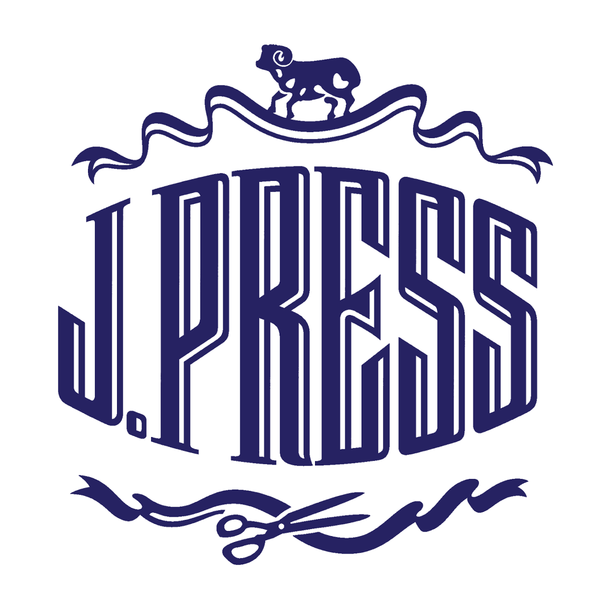Here’s addenda to the introduction I penned for the hot off the press 2021 Fall & Winter Brochure featuring J. Press and Jazz, a syndrome I personally experienced during my misspent youth, although octogenarian memory of youthful high times begs forbearance with willing suspension of disbelief.
Before Elvis and the twist, Jazz Maestro Duke Ellington occupied the top of the charts after his triumphal appearance at the 1956 Jazz Festival in ritzy Newport, Rhode Island. The Duke drove the concert crowd of thousands into a frenzy prompting one of only five Time magazine covers dedicated to a jazz musician.
J. Press got into the act a couple of years before Newport. Our notorious and locally famous salesman George Feen, known around town as “Little Georgie Feen,” respected no bounds. His tentacles even extended to Harlem when he finagled an introduction to Duke Ellington after a concert at the New Haven Arena. He showed the elegantly dressed bandleader silk fabric books of Dupioni swatches. The Duke allowed him to take measurements after Little Georgie offered his J. Press business card promising the gift of a silk dinner jacket made from the luxurious Dupioni silk swatch he selected.

Feen travelled to Harlem to deliver on his promise. Ellington loved the tuxedo giving him more orders this time at regular price. The patronage lasted several more years. A more enduring relationship occurred when Billy Strayhorn, the Duke’s doppelgänger, arranger and lyricist (Take The “A” Train) admired the tuxedo and followed suit at the J. Press New York store years thereafter until his death in 1967.
The marriage between Dixieland Jazz and Ivy together with my own participation was consummated by two sold-out concerts in Carnegie Hall during the 1955 Thanksgiving vacation my freshman year at Dartmouth. Prince-ton’s Tiger Town Five, led by clarinetist Stan Rubin who had appeared on Steve Allen’s “Tonight Show” and previously gigged at Jimmy Ryan’s. Their Friday-night concert also featured Eli’s Chosen Six, from Yale.
The Saturday night concert began with the Williams College Spring Street Stompers. The Indian Chiefs followed intermission before an infamously boisterous Dartmouth-loaded audience that summoned NYC police to stop the show ordering a cease and desist to curb our enthusiasm.
The Heyday of Ivy Jazz is best recalled in “The Great Gatsby” by F. Scott Fitzgerald, Princeton idol of the flapper era:
RICHARD PRESS


10 comments
Scott Fitzgerald mentioned jazz in THE GREAT GATSBY, but when he died on 21 December in 1940 (age 44) he was listening to CLASSICAL MUSIC on the radio, according to Shiela Graham, who witnessed his death. A superior choice.
Ellington and Strayhorn were always dapper. Speaking of jazz royalty, wasn’t Miles Davis also a regular in the 1950’s or early ’60’s?
Scott F. is widely believed to have coined the term “The Jazz Age,” with his book of the same name in 1922. Others point to an author with the name of Jeffrey Jeffrey in 1920 with his book, “Side Issues.” Hard to pinpoint.
Nice piece, Richard. You should make these a regular issue for us to anticipate!
Nicely put, Dick. Those really were the days.
I had no idea J Press had dressed jazz music royalty!
Well done.
Jim Steele, Afternoon Jazz Music Host
WSNC 90.5 FM
wsncradio.org